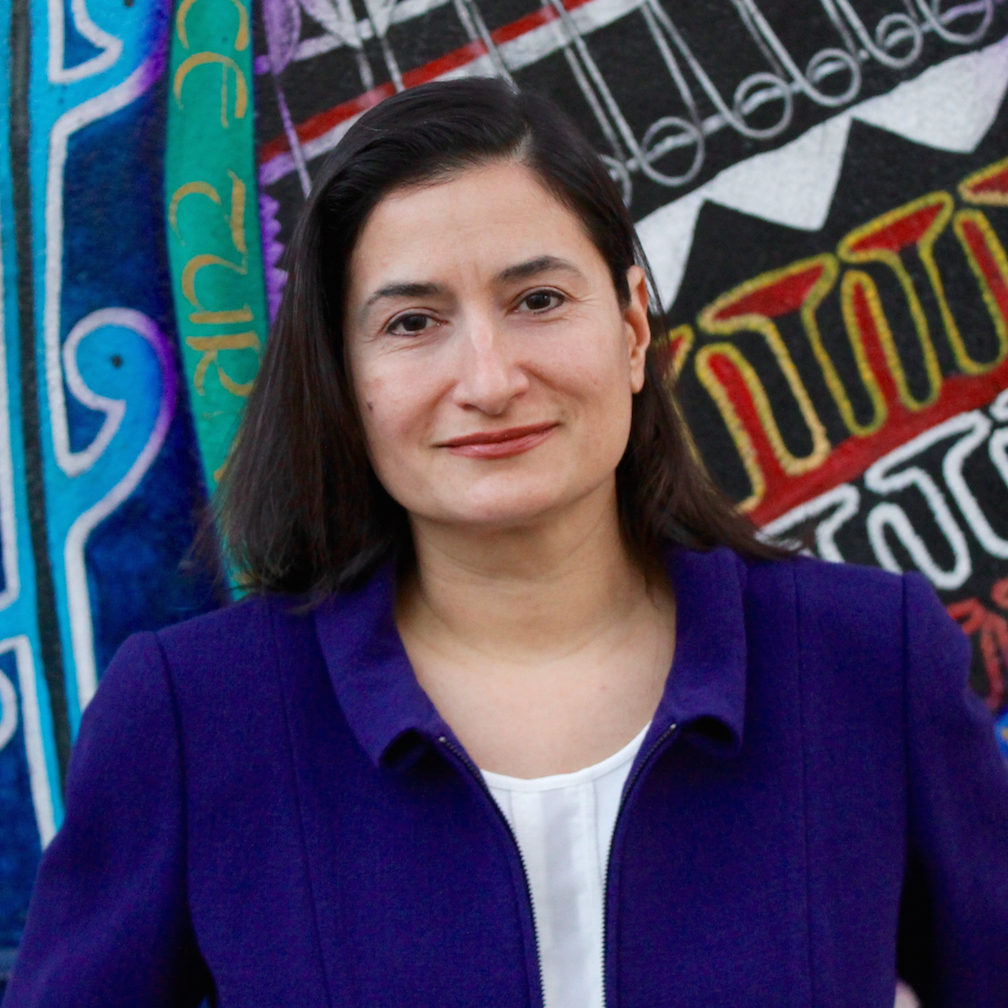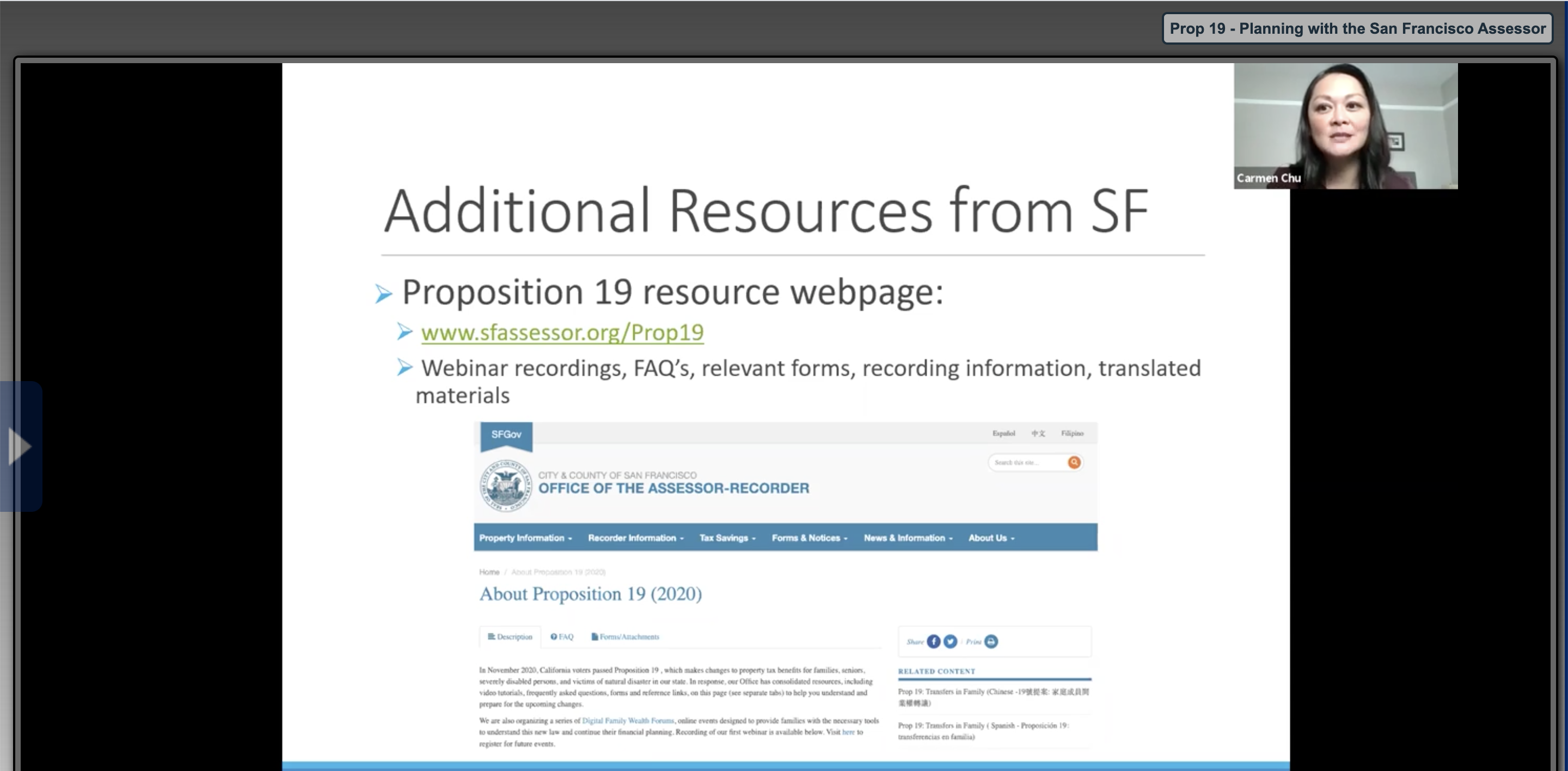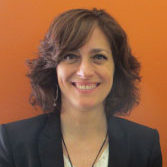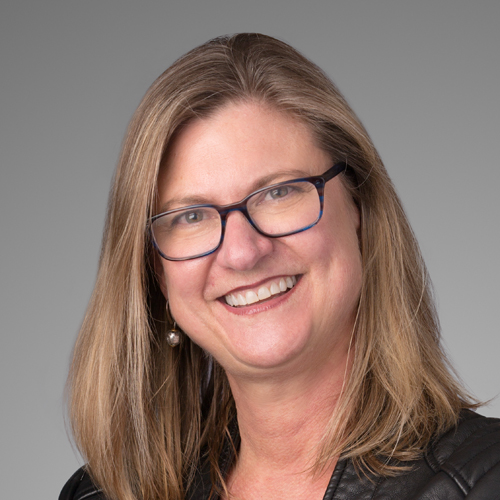The November 2020 passage of Proposition 19, which increased the tax consequences for children inheriting residential property from their parents, took some San Francisco lawyers by surprise.
But once it did, triggering a reassessment of residential property upon transfer, estate planning lawyers found their phones ringing off the hook.

Known as The Home Protection for Seniors, Severely Disabled, Families and Victims of Wildfire or Natural Disasters Act, Prop. 19 is a constitutional amendment that limits people who inherit family properties from keeping the low property tax base unless they use the home as their primary residence. It also allows homeowners who are over 55 years of age, disabled, or victims of a wildfire or natural disaster to transfer their assessed value of their primary home to a newly purchased or newly constructed replacement primary residence up to three times. It is the first significant change to Prop. 13, the 1978 law that limited property taxes.
Bottom line—it makes it far more difficult for children to afford to keep their parents’ home. Now, all but $1 million of the property is reassessed at current tax rates. Currently, property tax is 1.2% of the fair market value of the property. With homes sometimes doubling in value in a decade, and a 2% average annual increase in assessed property taxes, hanging on to the homestead will no longer be a realistic option for some in the middle class.
For example: according to Compass, in 1990, the median price of a home in San Francisco was $285,920. At a 1.2% tax rate, that’s $3,431 in property taxes. Compass reports that today, it’s $1.8 million. That’s $21,600 in property tax.

“People were somewhat surprised that it passed,” says Alicia Gamez of Gamez Law, chair of BASF’s Trusts and Estates litigation subsection. Bar members dove into action, hosting a CLE program with then San Francisco Assessor-Recorder Carmen Chu to educate their members. And they looked for ways to serve the deluge of clients seeking assistance, wanting to know what they should do before the law took effect on Feb. 16, 2021. “Whenever you have a sea change in the law, BASF’s role is to educate and provide resources,” said Erika Yuen of Yuen & Yuen, section chair.
The section was already a tight bunch. Bound together by the ravages of COVID, which strongly impacted the elderly, a main element of their client base, they were working around the clock to help clients with their matters. They lobbied the governor to allow for emergency remote notarization, which other states adopted, though California did not. And many were also providing pro bono help to first responders and other essential personnel, who needed wills and powers of attorney in case they fell ill.

During the worst of the pandemic, Yuen set up an office in her garage, with the door open for maximum air circulation, and delivered binders of documents to clients, sometimes dropping them on a door stoop, often signing estate plans with sanitized pens or gloves on the hood of her car.
Then Prop. 19 passed, and the pace increased exponentially. “Everyone was in a panic. I haven’t worked that hard since I was a baby lawyer. It was seven days a week, answering client calls at 10 at night, squeezing in emails at all hours,” Yuen said.
People were desperate. People saw the tax exemptions as the only way their children could remain in the Bay Area, or in California." — Alicia Gamez
Richard Kinyon, a partner with Shartsis Friese LLP and a senior member of the firm’s Family Wealth Practice Group, said many clients chose to transfer their property to their children in advance of the Feb. 16 implementation. Kinyon and San Francisco sole practitioner Baron Miller were among those who provided “significant” pro bono assistance to those seeking advice, said Gloria Chun, Director and Managing Attorney of the bar’s Pro Bono Legal Services Programs.
But some clients could not find counsel. “People were desperate,” Gamez said. “People saw the tax exemptions as the only way their children could remain in the Bay Area, or in California. I didn’t turn away existing clients, but for others, I said I can have a conversation with you, but I can’t draft documents for you. Everyone I know in trusts and estates is completely slammed.”

Yuen agreed. “You go into crisis mode. I turned away so many clients, and I was desperately trying to find other lawyers to take on the work.”
Carole Conn, Director of the bar’s Public Service Programs, including the Lawyer Referral and Information Service (LRIS), said that between January and February 15, 2021, 100 cases were referred to the bar, five times the normal rate for that practice area. Of those 100, 83 qualified for a free consultation.
“Thankfully we have a pretty robust panel. But some people were already maxed out, and it was hard to find lawyers for everyone that quickly. Scores of estate planning attorneys have had quite a ride for the last year,” Conn said.
For Yuen and Gamez, the passage of Prop. 19 means it will be that much harder for families to build generational wealth, and use income or assets that would have gone to property taxes for post-secondary education, for example.
“It will be most stressful for middle- or lower-middle-class families who have owned real estate for a long time, and multigenerational households,” Gamez said. “Those taxes represent an entire annual income for some people.”
“I think we will lose some of the diversity of our city,” Yuen said. “Children who inherit property won’t be able to afford the tax, they will sell and move out and the only ones who can afford to buy will be those with large incomes in tech.”
Even now, with scant direction from the state Board of Equalization, attorneys are crafting solutions for clients not knowing how regulators will later evaluate them. They balance the consequences of the various taxes (gift, generation, estate, and property) for their clients as best they can. “We have had some very difficult conversations with clients, under difficult circumstances,” Yuen said. “Things are in a state of flux, but clients need to make decisions now.”
 Susan Kostal is a longtime legal affairs journalist. Based in San Francisco, she now serves as a writer and editor for lawyers and law firms. Most recently she served as Associate Director for News & Information at UC Hastings Law.
Susan Kostal is a longtime legal affairs journalist. Based in San Francisco, she now serves as a writer and editor for lawyers and law firms. Most recently she served as Associate Director for News & Information at UC Hastings Law.
